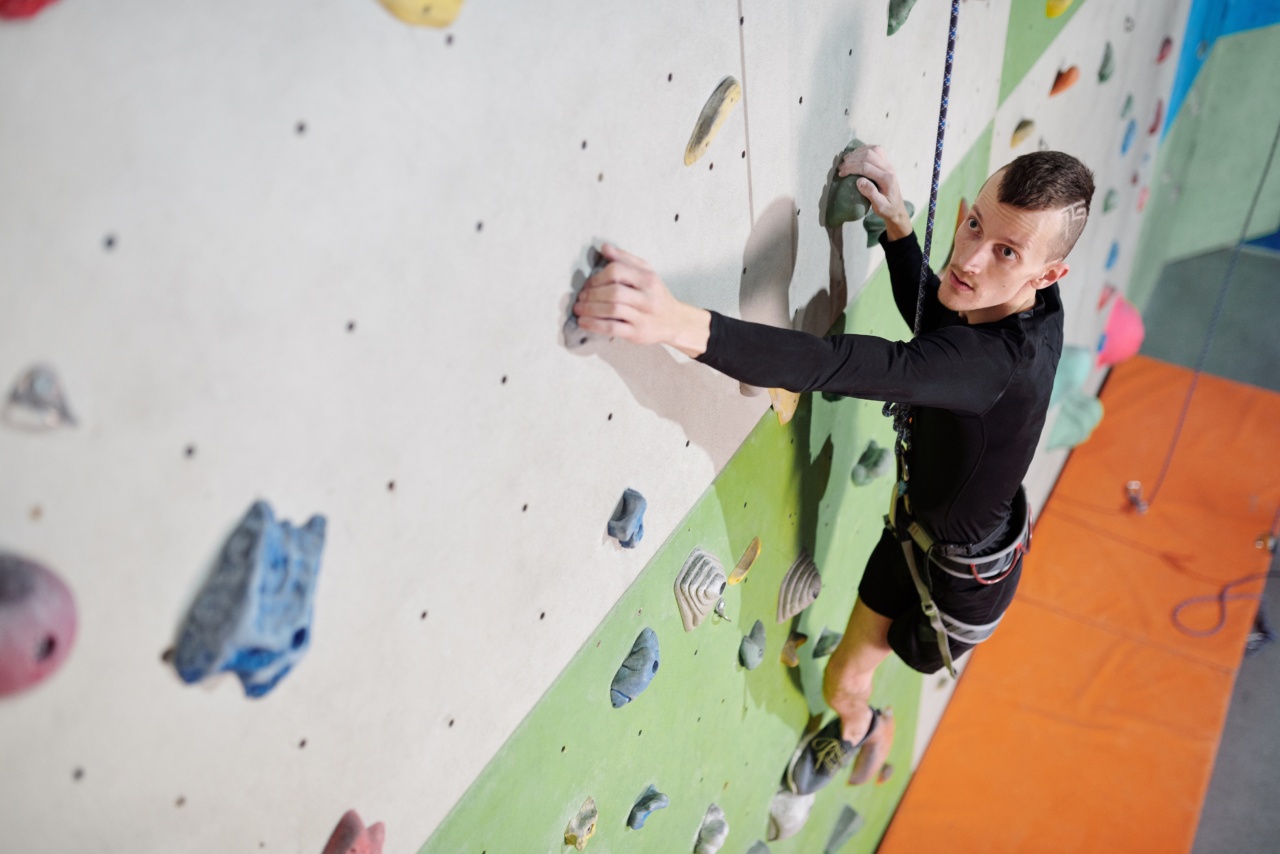As we journey through life, aging is an inevitable process that we all experience. While it may seem like a straightforward concept on the surface, aging is a complex scientific phenomenon that involves a multitude of factors.
Understanding the science of aging and identifying who is at risk can help us make informed decisions to enhance our overall well-being and age gracefully.
The Impact of Genetics on Aging
Genetics play a significant role in the aging process. Some individuals are genetically predisposed to age more rapidly than others.
Genetic variations can determine the speed at which certain processes occur in our bodies, such as collagen breakdown, cell regeneration, and immune system efficiency. These factors affect how quickly our bodies experience the visible signs of aging, such as wrinkles, sagging skin, and decreased muscle tone.
While we cannot change our genetic makeup, understanding our genetic predispositions can help us implement targeted lifestyle choices and interventions that may mitigate the aging process.
Genetic testing and counseling have become increasingly popular, allowing individuals to gain valuable insights into their genetic profiles and make informed decisions about their health and well-being.
Lifestyle Factors and Aging
While genetics certainly play a role, lifestyle factors also contribute significantly to the aging process. Unhealthy habits and environmental influences can accelerate aging and increase the risk of various age-related diseases.
On the other hand, adopting a healthy lifestyle can help slow down the aging process and promote overall well-being.
One of the most significant lifestyle factors that impact aging is diet. Consuming a balanced diet rich in fruits, vegetables, lean proteins, and whole grains provides essential nutrients that support healthy cell function and repair.
Additionally, staying adequately hydrated and limiting the consumption of processed foods, sugary beverages, and excessive alcohol can all contribute to a healthier aging process.
Physical activity is another crucial aspect of healthy aging. Regular exercise helps maintain muscle tone, flexibility, and cardiovascular health.
It also aids in weight management, improves mood and mental well-being, and reduces the risk of chronic conditions such as heart disease, diabetes, and osteoporosis.
Avoiding harmful habits such as smoking and excessive sun exposure can significantly slow down the visible signs of aging. Smoking damages collagen and elastin, leading to premature wrinkling and skin sagging.
UV rays from the sun can also cause skin damage, leading to wrinkles, age spots, and an increased risk of skin cancer.
Medical Advancements in Aging
In recent years, medical advancements have provided exciting possibilities for aging gracefully and maintaining a good quality of life.
Researchers are constantly discovering new interventions and technologies to slow down the aging process and improve overall well-being.
One of the most promising areas of research is the field of regenerative medicine. This branch of medicine focuses on using stem cells and other cellular therapies to repair and restore damaged tissues and organs.
By harnessing the body’s own healing processes, regenerative medicine holds the potential to revolutionize the treatment of age-related diseases and enhance the overall aging process.
Another area of advancement is the field of anti-aging skincare.
Scientists and dermatologists are continually developing innovative skincare products and procedures that target specific signs of aging, such as wrinkles, age spots, and loss of skin elasticity. From retinoids and peptides to laser treatments and injectables, the cosmetic industry offers a wide array of options to help individuals look and feel their best as they age.
Furthermore, ongoing research into the mechanisms of aging at the cellular and molecular levels provides valuable insights into the aging process.
This knowledge opens doors for the development of new therapies and interventions that can slow down cellular aging and potentially extend human lifespan.
Understanding the Aging Process
While the science of aging is multifaceted and continuously evolving, there are certain universal processes and changes that occur as we age. Understanding these changes can help us navigate the aging process with grace and knowledge.
One of the primary changes that occur with aging is a decrease in collagen production. Collagen, a protein that gives the skin its structure, strength, and elasticity, naturally decreases over time.
This leads to the development of wrinkles, fine lines, and sagging skin. However, lifestyle choices such as sunscreen use, a healthy diet, and avoiding smoking and excessive alcohol consumption can help slow down the breakdown of collagen.
Cellular aging is another fundamental aspect of the aging process. As we age, our cells become less efficient in their function and repair processes.
This can result in decreased organ function, reduced immune response, and an increased susceptibility to age-related diseases. However, adopting a healthy lifestyle, including regular exercise, a nutrient-rich diet, and stress management techniques, can support cellular health and potentially slow down the aging process.
In addition to the visible signs of aging, cognitive function and memory may also decline with age.
While some degree of cognitive decline is a natural part of the aging process, engaging in mentally stimulating activities, maintaining social connections, and adopting a balanced lifestyle can help promote cognitive health and preserve memory function.
Conclusion
Aging is a natural and inevitable process that encompasses a range of biological, genetic, and environmental factors.
While we cannot control our genetic makeup or completely halt the aging process, understanding the science of aging and the various factors that contribute to it empowers us to make informed decisions to age gracefully.
By embracing a healthy lifestyle that includes a nutrient-rich diet, regular exercise, and avoiding harmful behaviors, we can optimize our overall well-being and potentially slow down the visible signs of aging.
Furthermore, advancements in medical research and the field of regenerative medicine offer promising possibilities for enhancing the aging process and improving quality of life.
Ultimately, the science of aging is a complex and fascinating field that continues to progress.
Through ongoing research and a comprehensive understanding of the aging process, we can gain valuable insights into our own aging journey and make choices that support healthy aging for ourselves and future generations.





























